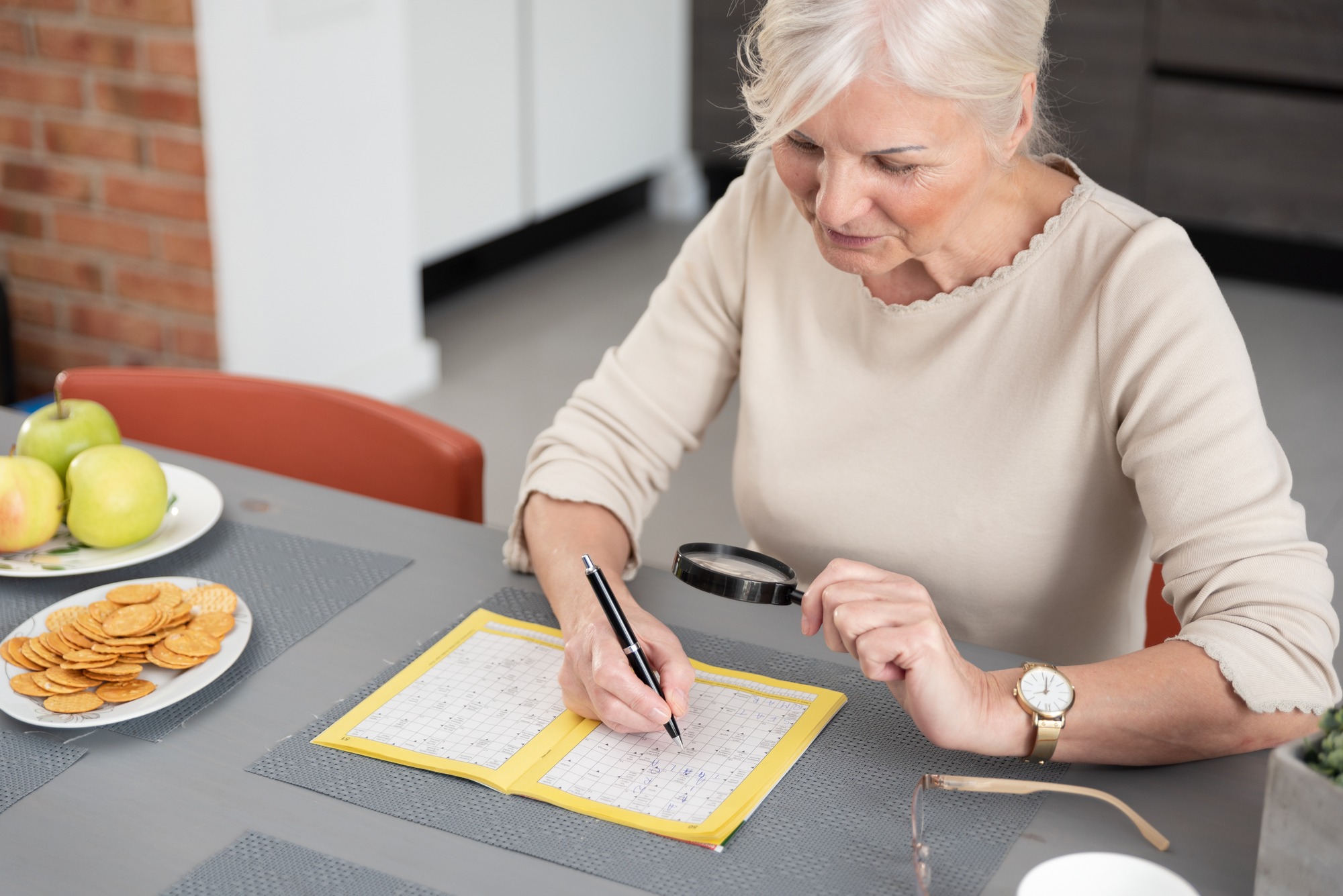It is no secret that being stuck at home can be mentally draining. It is easy to slip out of routine and fall into patterns of boredom and loneliness. However, there is so much you can do to help yourself stay focused and motivated, even while being home more than ever. Remember to be patient with yourself and others, focus on your health and safety, and reach out for help if needed.
Stick to Routine
It can be tempting to deviate from your typical day-to-day retirement life when you’re home more than usual, but keeping up your routine will help you to maintain a sense of normalcy. Following your usual sleeping and eating schedules will give your day some structure, which could help to avoid stress and uncertainty. Try planning out your days and keeping a list of all the tasks you would normally try to complete, such as showering, getting dressed, and checking mail. Knowing what you have to do each day and being able to check it off of your list will help you to manage anxiety and create a sense of accomplishment.
Stay in Touch With Loved Ones
Talking to the people in your life even when you can’t physically be near them can help to lift your spirits and avoid the negative emotions that often accompany being isolated. There are plenty of ways to communicate with friends and family from the comfort of your retirement home. Technology allows for video messages and even group video hangouts. Social media can help you to see daily updates and reach out to people you may have lost touch with. A quick phone call or a short email can be a nice connection to the outside world and a reminder that we are all in this together!
Challenge Yourself
It is important to find ways to defend yourself against boredom and learning something new can be the perfect distraction during hard times. There are things to try at home like cooking a new recipe, completing a stimulating puzzle, or learning a new language. Educating yourself or trying out something new is a great way to stay engaged at home. If nothing new sparks your interest, try setting goals for a hobby you already enjoy, like reading more books than you did last year or completing an art project you have been working on.
Limit News Consumption
Staying informed is important and necessary, but too much news can increase your stress levels. Technology allows us to get updates all day everyday, so it can be tempting to try to keep up with every news story. With so much access to the news cycle, it is hard staying on top of ever-changing information, and you may feel overwhelmed with all of the updates. You should identify a few trusted sources, check in as needed, and then log off to give yourself a break. Stepping away from the news will give you more time to focus on hobbies and other positive outlets for self-care.
Exercise
Not only is exercise good for physical health, but it has many mental health benefits as well! Working up a sweat can help you to blow off steam, reduce anxiety, and improve sleep quality. If you are able to practice safe social distancing, a walk outside or a bike ride can be a good change of scenery. If you are staying at home, you can get creative with online work out videos, dances, and stretches that vary in intensity so you can find one that best fits your needs. If you keep up with daily workouts, you are sure to notice an improvement in your energy level and overall mood. Always consult with your doctor before starting any new fitness regimen.

